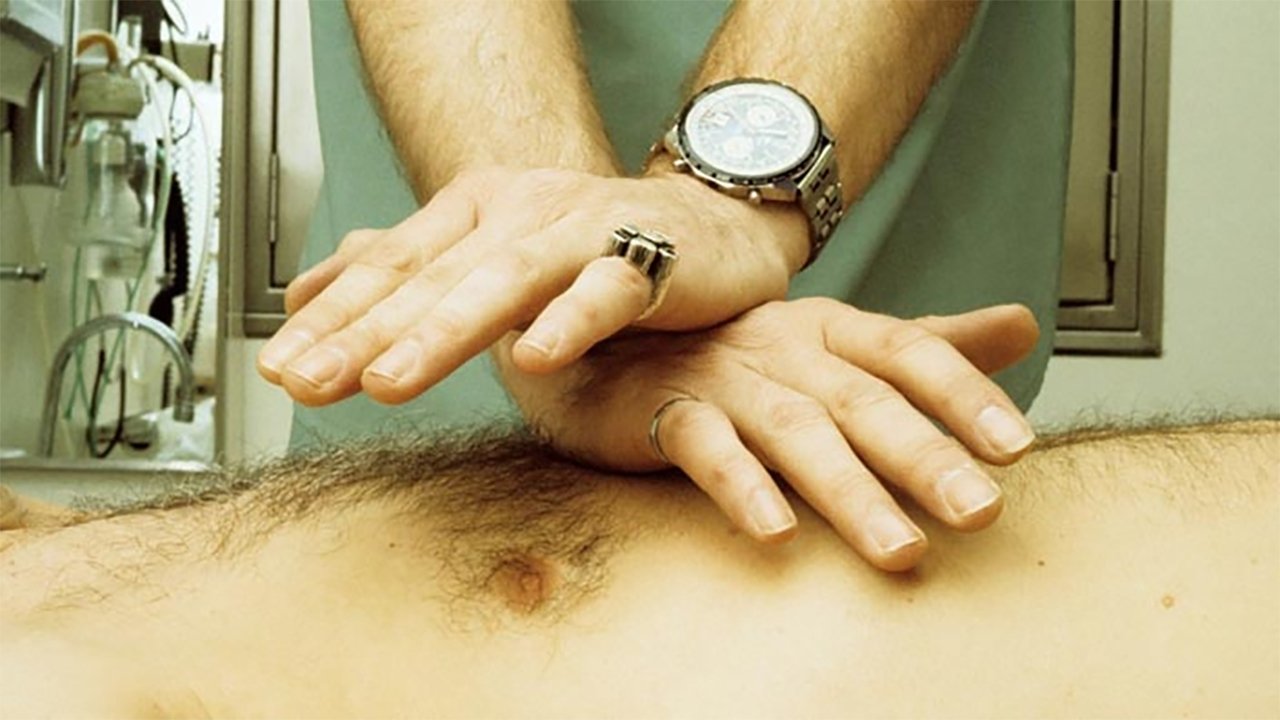
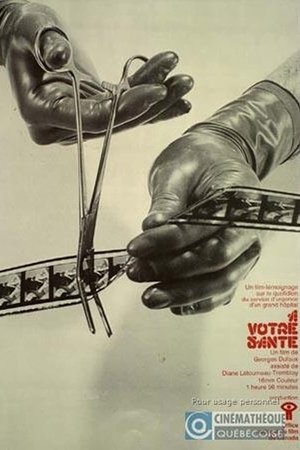
À votre santé(1974)
Focuses on the state of the Quebec health system in the early 1970s. This film reveals the harsh reality of emergency rooms. There, medical teams, facing a serious shortage of staff, are facing a real invasion of patients. The technical means, often insufficient, make the task even more difficult.

Movie: À votre santé

À votre santé
HomePage
Overview
Focuses on the state of the Quebec health system in the early 1970s. This film reveals the harsh reality of emergency rooms. There, medical teams, facing a serious shortage of staff, are facing a real invasion of patients. The technical means, often insufficient, make the task even more difficult.
Release Date
1974-09-01
Average
0
Rating:
0.0 startsTagline
Genres
Languages:
FrançaisKeywords
Similar Movies
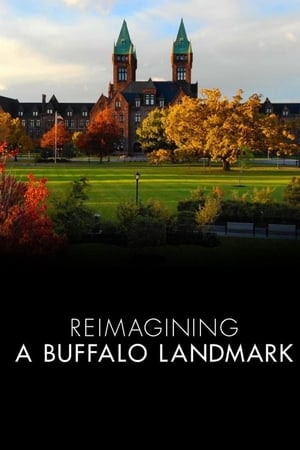 10.0
10.0Reimagining A Buffalo Landmark(en)
The Richardson Olmsted Campus, a former psychiatric center and National Historic Landmark, is seeing new life as it undergoes restoration and adaptation to a modern use.
 7.1
7.1Unrest(en)
When Harvard PhD student Jennifer Brea is struck down at 28 by a fever that leaves her bedridden, doctors tell her it’s "all in her head." Determined to live, she sets out on a virtual journey to document her story—and four other families' stories—fighting a disease medicine forgot.
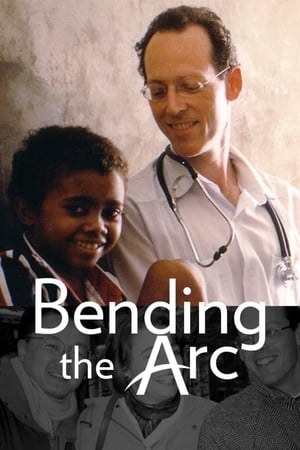 7.9
7.9Bending the Arc(en)
About the extraordinary doctors and activists—including Paul Farmer, Jim Yong Kim, and Ophelia Dahl—whose work 30 years ago to save lives in a rural Haitian village grew into a global battle in the halls of power for the right to health for all.
 3.5
3.5Der lange Weg ans Licht(de)
Edeltraut Hertel - a midwife caught between two worlds. She has been working as a midwife in a small village near Chemnitz for almost 20 years, supporting expectant mothers before, during and after the birth of their offspring. However, working as a midwife brings with it social problems such as a decline in birth rates and migration from the provinces. Competition for babies between birthing centers has become fierce, particularly in financial terms. Obstetrics in Tanzania, Africa, Edeltraud's second place of work, is completely different. Here, the midwife not only delivers babies, she also trains successors, carries out educational and development work and struggles with the country's cultural and social problems.
 7.4
7.4Sicko(en)
A documentary about the corrupt health care system in The United States who's main goal is to make profit even if it means losing people’s lives. "The more people you deny health insurance the more money we make" is the business model for health care providers in America.
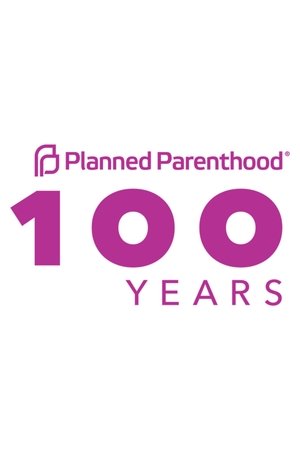 6.0
6.0100 Years(en)
An animated history of American health care provider, Planned Parenthood.
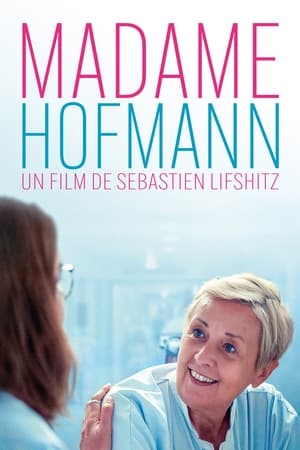 6.5
6.5Madame Hofmann(fr)
"Welcome to my life", Sylvie Hofmann repeats this sentence almost all day long. Sylvie has been a nurse for 40 years at the North Hospital of Marseille. Her life is running. Between patients, her sick mother, her husband and her daughter, she has always devoted her life to helping others. What if she decided to think a little about herself? To retire? Does she have the right, but above all, does she really want to?
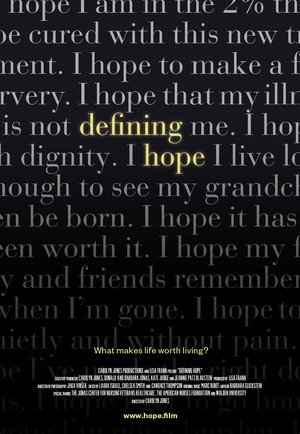 0.0
0.0Defining Hope(en)
We aren't dying the way we used to. We have ventilators, dialysis machines, ICUs-technologies that can "fix" us and keep our bodies alive-which have radically changed how we make medical decisions. In our death-denying culture, no matter how sick we get, there is always "hope." Defining Hope tells the story of patients dealing with life-threatening illness as they move between ICUs, operating rooms, hospice care and home. Diane is a nurse caring for end-stage cancer patients when she is diagnosed with ovarian cancer herself. 23-year-old Alena undergoes a risky brain surgery that destroys her short-term memory. 95-year-old Berthold lives with his elderly wife who struggles to honor his wish of dying peacefully at home. Defining Hope follows these patients and others- and the nurses that guide them along the way- as they face death, embrace hope, and ultimately redefine what makes life worth living.
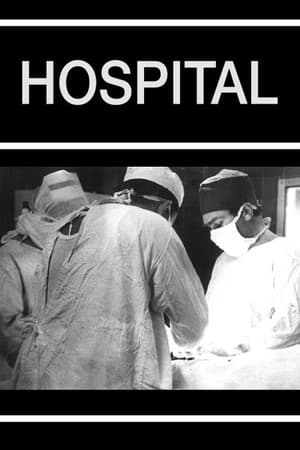 6.3
6.3Hospital(pl)
24 hours in the life of a hospital from the point of view of the doctors and nurses.
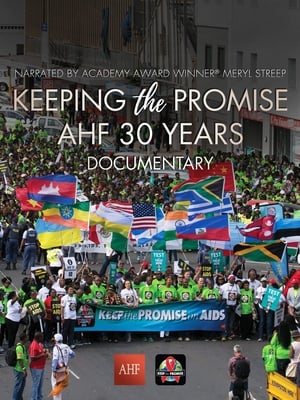 0.0
0.0Keeping the Promise: AHF 30 Years Documentary(en)
Through interviews with key AIDS Healthcare Foundation (AHF) stakeholders from over the years coupled with archival video footage culled from AHF's 30 years of advocacy, care and activism, 'Keeping the Promise' tells a compelling story of AHF's history while offering a glimpse of, and road map to its future.
 10.0
10.0Big Charity: The Death of America's Oldest Hospital(en)
This documentary film includes never-before-seen footage and exclusive interviews to tell the story of Charity Hospital, from its roots to its controversial closing in the wake of Hurricane Katrina. From the firsthand accounts of healthcare providers and hospital employees who withstood the storm inside the hospital, to interviews with key players involved in the closing of Charity and the opening of New Orleans’ newest hospital, “Big Charity” shares the untold, true story around its closure and sheds new light on the sacrifices made for the sake of progress.
Contract(fi)
Documentary about the nurses' strike in Finland on autumn 2007.
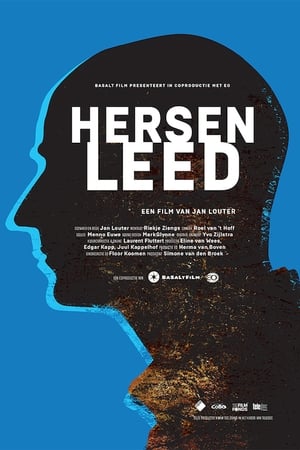 5.0
5.0Grey Matter(nl)
We follow neurosurgeons Clemens Dirven and Arnoud Vincent of the Erasmus MC in Rotterdam in this documentary during the treatment of three patients with a brain tumor.
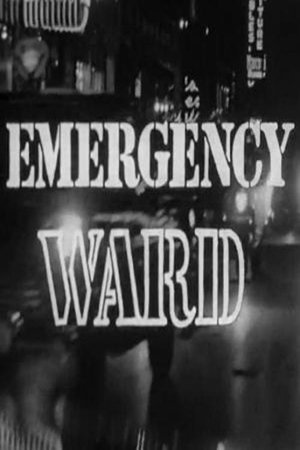 0.0
0.0Emergency Ward(en)
This 1959 documentary short is a frank portrait of the daily operations inside the Montreal General Hospital’s emergency ward.
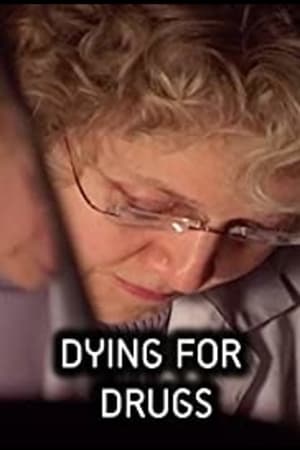 0.0
0.0Dying for Drugs(en)
Every year many new drugs come to market which offer hope to the sick and dying. This documentary film investigates just how far drug companies are prepared to go to get their drugs approved, what they will do to make sure they get the prices they want, and what happens when profits are put before people.
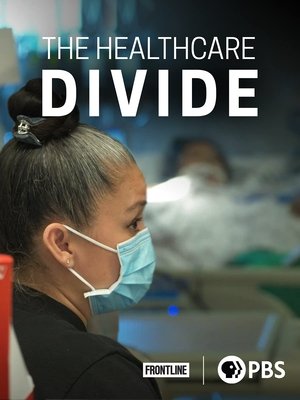 0.0
0.0The Healthcare Divide(en)
FRONTLINE and NPR investigate the growing inequities in American healthcare exposed by COVID-19. The Healthcare Divide examines how pressure to increase profits and uneven government support are widening the divide between rich and poor hospitals, endangering care for low-income populations.
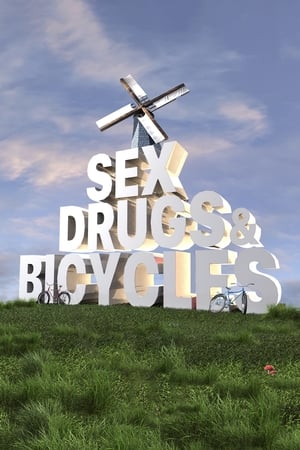 7.0
7.0Sex, Drugs & Bicycles(en)
The documentary that answers the question: is having month-long double paid vacations, no fear of homelessness, and universal health care the nightmare we've been warned about? The answer may surprise you.
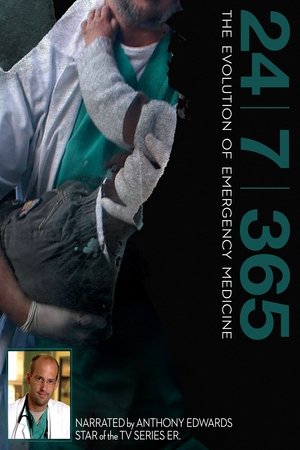 10.0
10.024|7|365: The Evolution of Emergency Medicine(en)
An accident occurs and we dial 911, an ambulance arrives and we are taken to a fully equipped Emergency Room staffed with specifically trained Emergency Room Doctors. Forty years ago, that was not the case. How did we get here? Our film explores the dramatic history of modern Emergency Medicine, told by its maverick founders, in their own words. The historic take on the specialty allows us to contrast where Emergency Medicine is today with where it began, not too long ago.
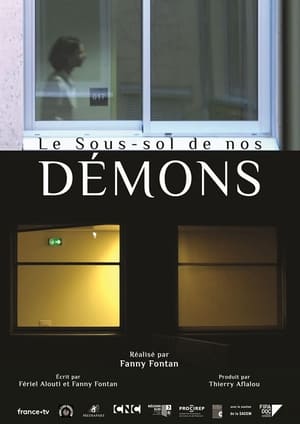 7.0
7.0Le Sous-sol de nos démons(fr)
Every day, at Lapeyronie hospital in Montpellier, France, a psychologist and a psychiatrist treat pedophiles and child sexual offenders. Behind closed doors, hidden away from sight, they listen to their stories, help put words to acts and impulses. And they fight for basic prevention systems to be funded and put into practice.
Bente gaar til Sygeplejen(da)
A movie about the education for nurse told from Bente's perspective. She starts at the preschool at Rødkilde Højskole at Møn and comes from there to a hospital, where student time begins. After three years, Bente is trained and can get the nursing needle attached to the robe.